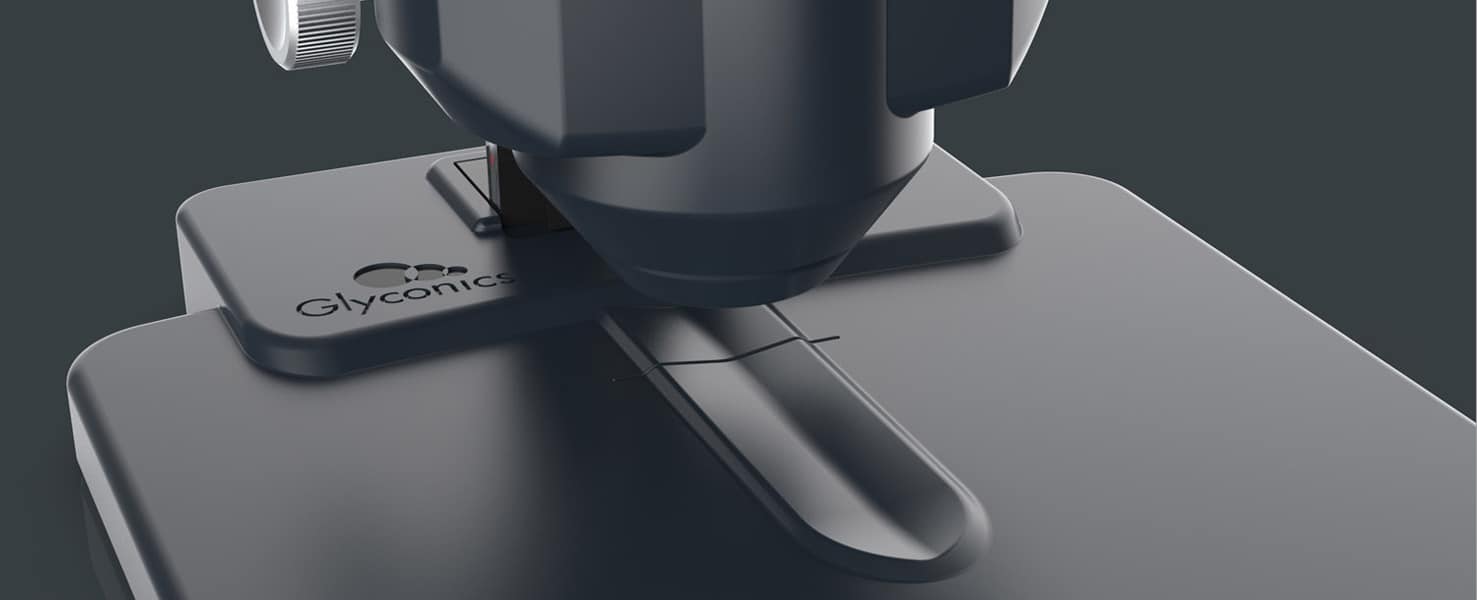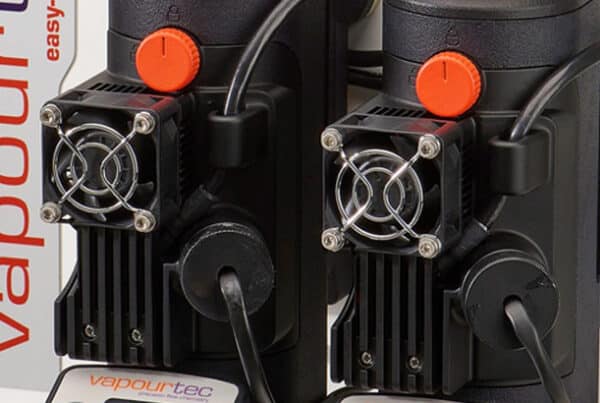DesignEdge has teamed with MedTech firm Glyconics to develop the world’s first non-invasive portable device exploiting the use of miniaturised infra-red spectrometry for the early diagnosis of diabetes – detecting biomarker changes in a patient’s fingernail within seconds and without the need for single-use plastics. Diabetes is a global epidemic and public health challenge, killing more people than breast cancer and prostate cancer combined every year. It is a major cause of severe complications leading to blindness, kidney failure, heart attack, stroke and lower limb amputation, and the World Health Organisation projects it will be the seventh leading cause of death by 2030.
A low-cost, easy to use desktop device that could facilitate mass-screening for diabetes using a novel, non-invasive approach to screening will enable a more strategic allocation of limited healthcare resources for the management of global diabetes risk in the future. Clearly the early detection of elevated diabetes risk requires more attention and enables diabetes prevention – and this exciting new approach could shape the pivotal role that primary care plays in the management of diabetes, its long-term outcomes and shows huge promise for mass-screening.
Prof Cos, Chairman of Primary Care Diabetes Europe and Associate Professor of Medicine at the Autonomous University of Barcelona, said: “Developing non-invasive systems for population-level screening will be an important tool in reducing current barriers for mass-screening and identifying people at risk early – because early detection and treatment is key to better long-term outcomes. Clearly the early detection of elevated diabetes risk requires more attention and enables diabetes prevention and this exciting new approach could shape the pivotal role that primary care plays in the management of diabetes and its long-term outcomes.”



